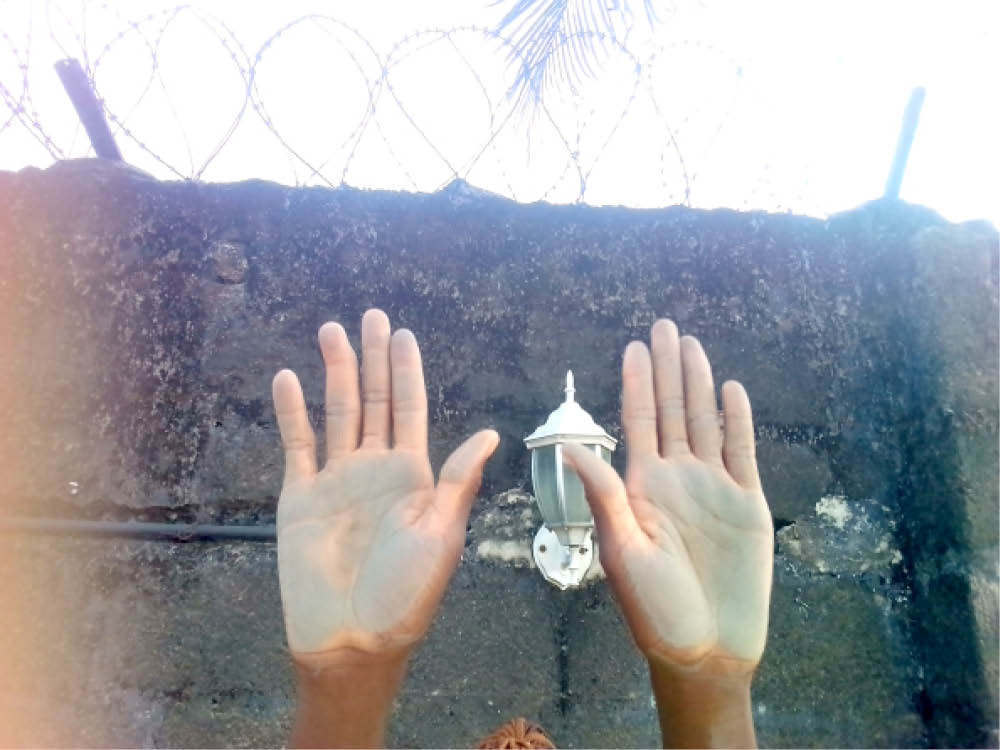Some Port Harcourt residents have expressed concern over their health as soot resurfaces in the state. Those most affected by the menace are the residents in the windward directions and those living close to the creeks such as Borokiri, Reclamation Road, Old Port Harcourt Township, Old and New GRAs, Agip Estate, Woji, Iwofe, Abuloma, Amadi-Ama, Oyigbo, Eleme, and Onne.
Environmental experts said Port Harcourt is among the most polluted cities in the world considering its Air Quality Index (AQI).
An environmental advocate, Fineface Dumnamene, said the black soot has at no point in time since it emerged completely disappeared.
He said the soot resurfaced because there was no deliberate, constructive policy direction of government at all levels to address the problem.
“We were told from reports and research findings, especially that of the Rivers State Government on black soot submitted to the governor, that oil theft and artisanal refining activities in Rivers State contribute to the black soot that envelops the city.
“As such, we at Youths and Environmental Advocacy Centre (YEAC) have been one of those at the forefront of the campaign for this issue to be addressed in many ways. First, we have recommended the provision of alternative means of livelihood to those youths involved in that act so that they can desist from it and the soot will subside.
“It would be recalled that the federal government in 2017, during his tour of the Niger Delta, Vice President Yemi Osinbajo, promised to establish modular refineries for these youths but till date, nothing has been done, but we will continue to advocate for this to happen.
“The state government, on the other hand, can as well develop policies that can address youth unemployment, targeting this category of youths to address the soot issue. The security operatives that are deployed to police the creeks and end artisanal refining are trying their best,” he stated.
Dumnamene called on the Rivers State government to publish the report on soot pollution that was submitted to the governor so that its recommendations can be used for advocacy and to push for its implementation. He also called for the identified sources of soot to be blocked.
He called on the United Nations Environment Programme’s special team that visited Port Harcourt to investigate sources and causes of soot and not to relent in putting pressure on both national and local institutions on the ground to address the soot pollution problem in Port Harcourt and its environs.
A Port Harcourt resident, Cyril Amadi, said the black soot is life-threatening. He said since it resurfaced in Port Harcourt, residents are exposed to a high rate of respiratory diseases such as cough and catarrh.
He said that all surfaces in houses such as floors, windows, doors, cars and food items are exposed to black substances.
“All my children are down with catarrh and cough. I also have catarrh. I noticed that anytime I sneeze blackish mucus always comes out from my nose. I also cough out black substances. I’m very worried that if nothing is done the situation might get out of hand,” he said.
He called on the state government to do something urgent to arrest the situation.
The state government’s ad hoc committee on black soot led by the Permanent Secretary, Ministry of Environment, recently visited the army and navy on an advocacy visit and to seek collaboration with the ministry to find ways to reduce the life-threatening soot in Port Harcourt and its environs.

 Join Daily Trust WhatsApp Community For Quick Access To News and Happenings Around You.
Join Daily Trust WhatsApp Community For Quick Access To News and Happenings Around You.


